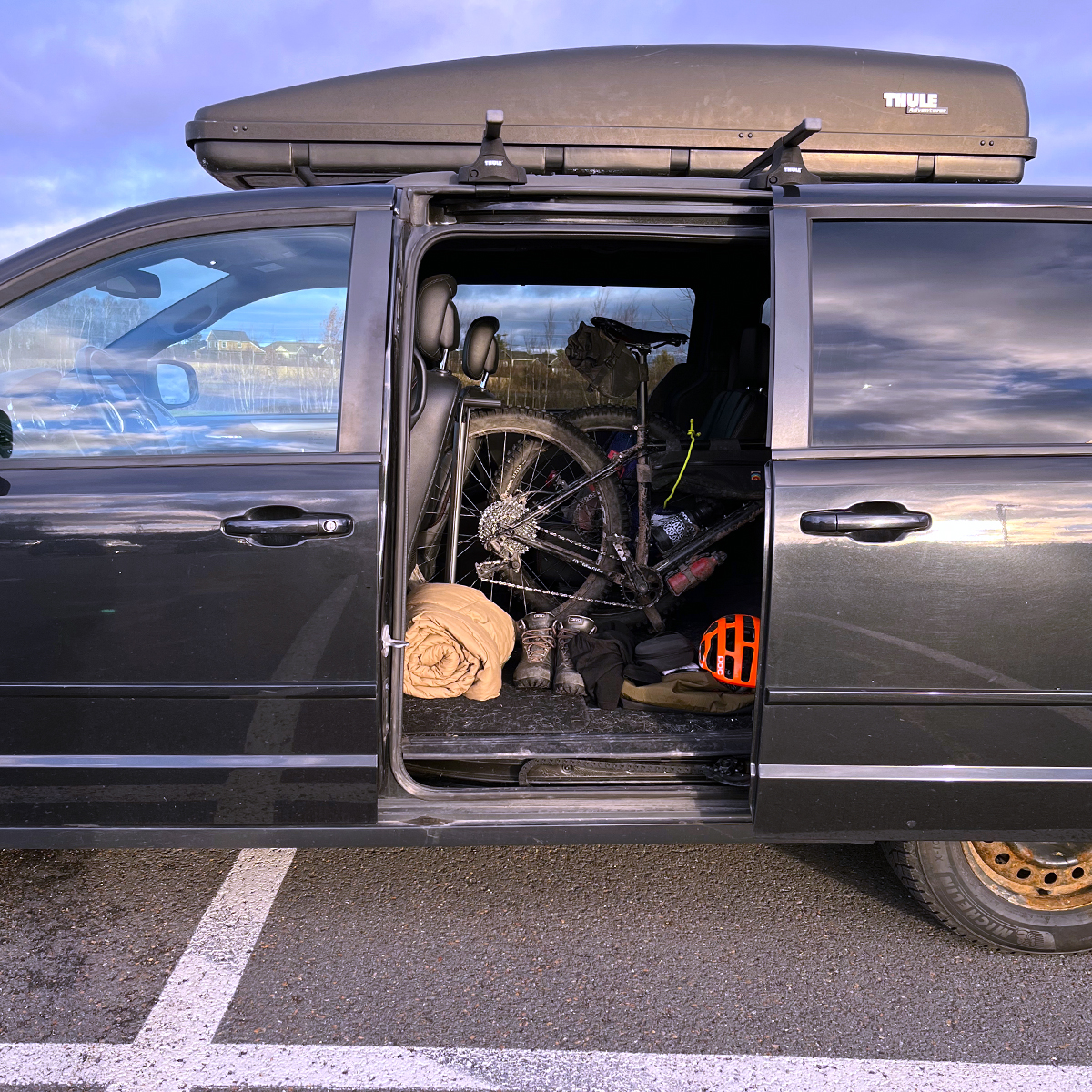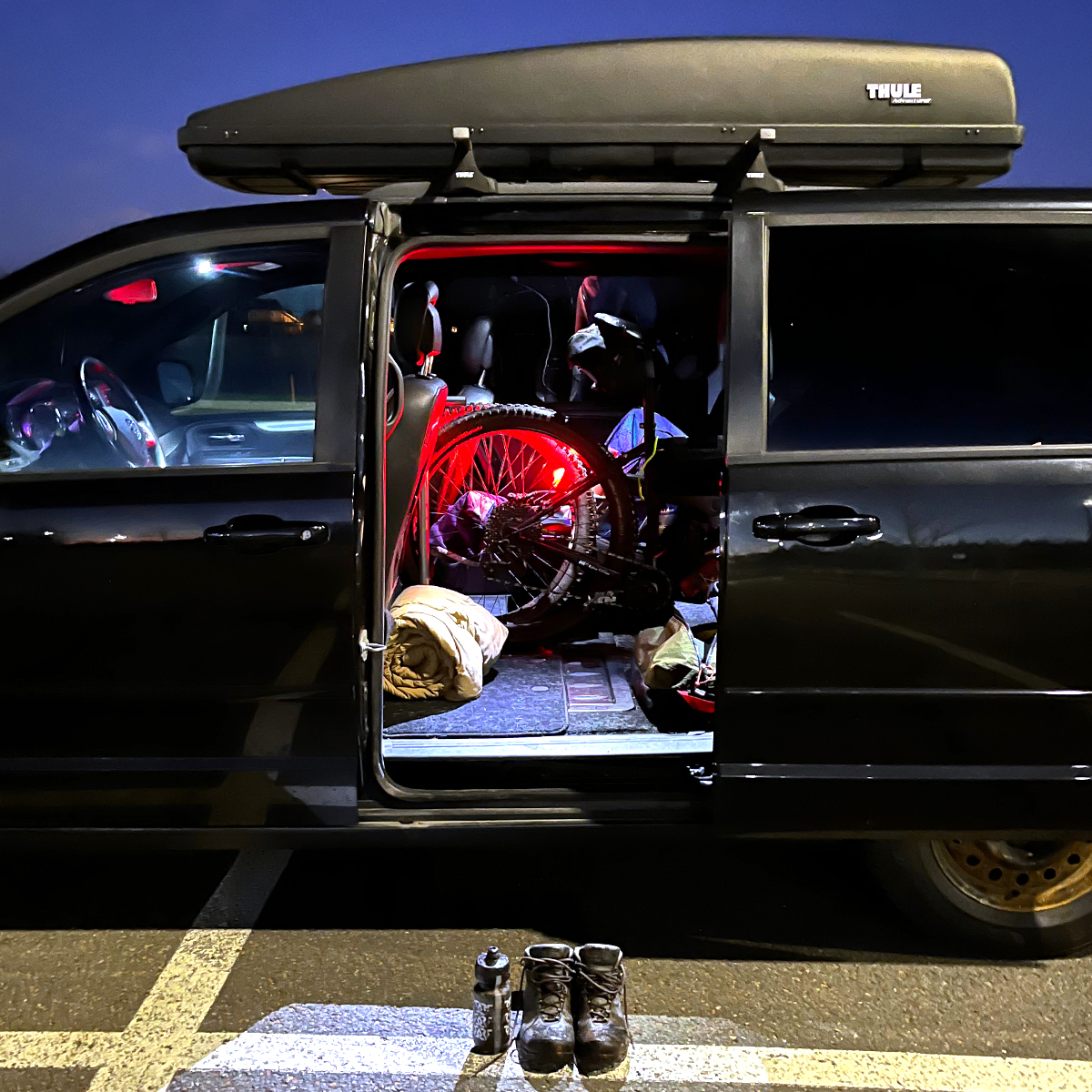



“We normally characterize an optimist as someone who sees his glass as being half full rather than half empty. For a Stoic, though, this degree of optimism would only be a starting point. After expressing this appreciation that his glass is half full rather than being completely empty, he will go on to express his delight in even having a glass; It could, after all, have been broken or stolen. And if he is atop his Stoic game, he might go on to comment about what an astonishing thing glass vessels are; They are cheap and fairly durable, impart no taste to what we put in them, and – miracle of miracles! – allow us to see what they contain. This might sound a bit silly, but to someone who has not lost his capacity for joy, the world is a wonderful place. To such a person, glasses are amazing; to everyone else, a glass is just a glass, and it is half empty to boot.”*
-William B. Irvine, A Guide to the Good Life, The Ancient Art of Stoic Joy
*emphasis mine
“I wouldn’t be surprised if poetry—poetry in the broadest sense, in the sense of a world filled with metaphor, rhyme, and recurring patterns, shapes and designs—is how the world works. The world isn’t logical, it’s a song.”
–David Byrne, Bicycle Diaries